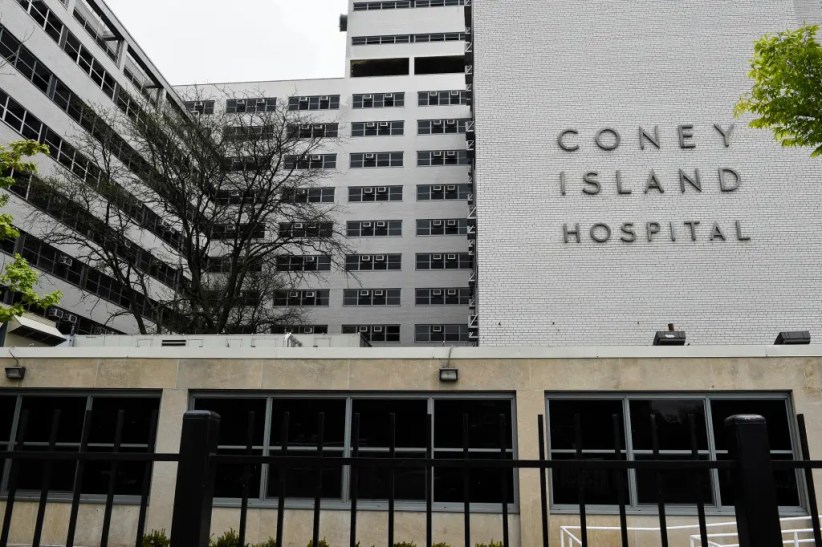Orthodontics is more than just braces and crooked teeth. It also covers myriad conditions dealing with the jaw, facial muscles, and airways. Proper treatment can alleviate ailments such as snoring, recessed jawlines, and even sleep apnea.
Here’s why it’s important to see an orthodontist even before all the baby teeth are gone, what sort of treatments are available, and some valuable information on often-overlooked areas of orthodontia.
Why See an Orthodontist Before the Baby Teeth Fall Out
The manner in which a child’s teeth come together (especially if he has a deep bite or under bite), his breathing, and his sleeping habits are sometimes telltale signs there's a craniofacial imbalance and/or orofacial muscular imbalance that needs to be addressed. A lot of the time, when there's an imbalance, a small bit of treatment at a young age (starting as early as age 4 or 5) makes all the difference in the world!
Other important signs to look for in your child include:
- Thumb sucking or tongue thrusting habits
- Very deep bite or under bite
- Mouth breathing during the day and/or night
- Snoring
- Poor sleep quality, which could possibly indicate sleep apnea
- Speech problems
- Inability to pay attention at school
- Possible bed wetting
- Sudden diagnosis of ADD or ADHD
- Difficulty breathing through the nose
These things indicate there is a need to see the orthodontist who can take a closer look at the jaws, teeth, tongue posture, swallowing and breathing patterns, and the child’s overall growth and development.
Proper craniofacial function and development is intimately related to the airway. I do early interceptive orthodontics to address certain issues and work closely with other practitioners including ENT's and myofunctional therapists to put a proper treatment plan together with the goal of restoring function and growth.
Treatments for Early Interceptive Orthodontics
There are many treatments that fall under the category of early interceptive orthodontics, but these two are very common.
Orthodontic Expanders
Mouth breathing, snoring, and poor sleep are all signs of a small airway. Apart from possibly having to remove the tonsils and/or adenoids with an ENT, an orthodontic expander helps open the airway, targets disordered breathing, and helps restore the proper tongue posture. This enables a “lips closed, breathe through your nose” rest position that promotes proper facial development. After expansion, snoring usually disappears and the quality of sleep improves. Other daytime symptoms as a result of poor sleep will dissipate or completely go away.
This is possible because the roof of the mouth is the floor of the nose. By expanding the upper jaw, we can open up the airway and decrease turbulence through the nose—helping your little one breathe as she should. Creating this space automatically allows the tongue to rest on the roof of the mouth and helps restore proper orofacial muscular balance.
Bite Plate Retainers
If the issue is a deep bite in which the upper teeth are not enabling the lower jaw to grow forward, then a simple retainer will help “unlock” this bite. If not intercepted, a very deep overbite will negatively affect the growth of the lower jaw as the child grows and could result in a permanently recessed lower jaw.
The Emotional Rewards of Orthodontia
I find the huge smiles on my patients’ faces when we finish treatment the most rewarding aspect of my job! Sometimes I get happy tears and other times I do a little dance. It feels good when hard work pays off. Being an orthodontist is not easy at times, but I wouldn’t change a thing. It is absolutely amazing to be able to help my patients improve their smiles, quality of life, and self-confidence, while also, in some cases, restoring health.
I strive to help every child make the most out of his or her growth potential, and I take pride in getting creative when a tough case comes my way. Beautiful balanced faces are healthy faces. Love the way you smile!
RELATED: Doctors, Dentists, Medical Centers, and Fitness Centers in Westchester





















